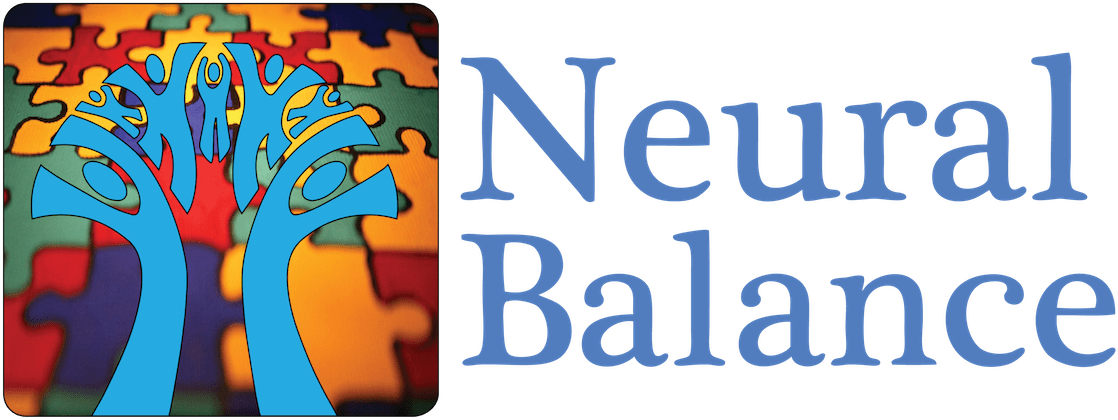While this time of year, with warm weather returning and the sun shining, is welcomed by most people, there is one aspect that people would rather go without: seasonal allergies. By now you’ve likely noticed runny noses, itchy throats, and watery eyes to be commonplace in your family. If you have a child with behavioral issues, you’ve also likely experienced what is often perceived as regression with some problem behaviors due to increased irritation from seasonal allergies.
Children with behavioral issues such as ASD commonly experience allergies and are especially susceptible to increased pollen levels and mold during the early weeks of spring. An unfortunate catch-22 is that maladaptive behaviors, such as meltdowns or decreased verbal ability, can result from both allergic reactions themselves and allergy medications meant to help. Luckily, there are ways you can reduce the effects of allergies without the use of medication.
One of the best natural remedies for allergies is consuming raw, local honey. It is important to make sure the honey is sourced locally so the body builds a tolerance to the pollen varieties that are likely triggering you or your child’s allergies. One tablespoon each morning on a regular basis should ease common allergy symptoms.
Maintaining a diet of anti-inflammatory foods will also help stave off allergic reactions as well. These foods include garlic, leafy vegetables, and lemons.
Increasing your cleaning efforts will also go a long way in fighting the effects of allergy season. Sometimes allergy symptoms persist simply because the allergens are stuck on your body, your clothes, or the surfaces around your home. Try increasing the frequency of bath time for your children along with changing outfits and doing laundry more often. Search your home for any mold that could be a source of allergies. You can clean off mold fairly easily by carefully using bleach or vinegar. If your house is collecting dust or pollen use a damp cloth, rather than a duster, to clean off the surfaces without stirring it up in the air. If the problems of dust and pollen persist, you may also consider investing in an air purifier. You can also invest in a dehumidifier if your mold problem returns after scrubbing it away.
Above all else, do your best not to worry if your child appears to be regressing during this time of year. Even if you put all of these strategies into practice, allergy symptoms may still occur and cause problems for your child. If your child continues to show signs of regressing after the allergy season is over, consult your ABA therapist or doctor to see what the cause is and how to best move forward.
